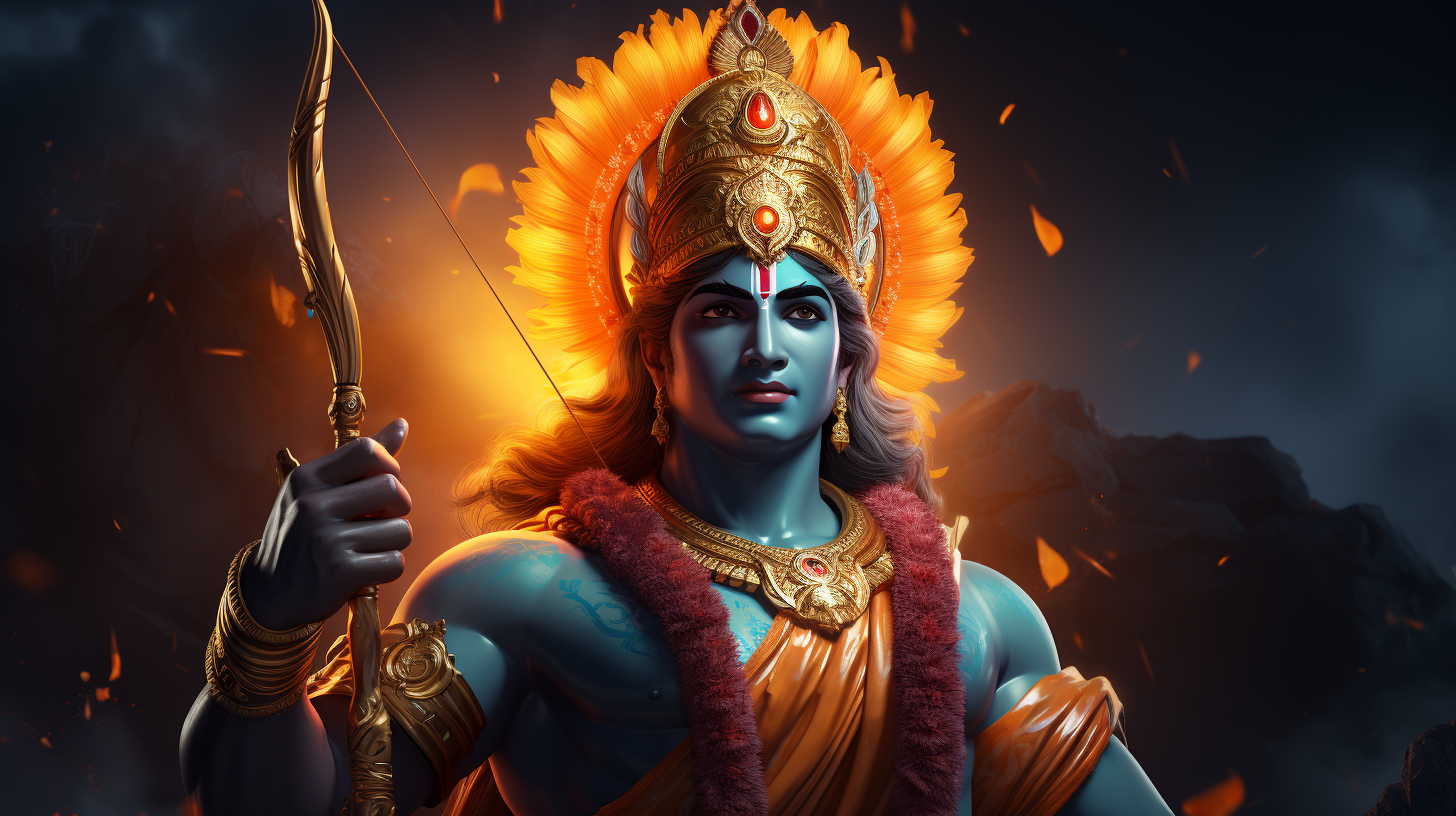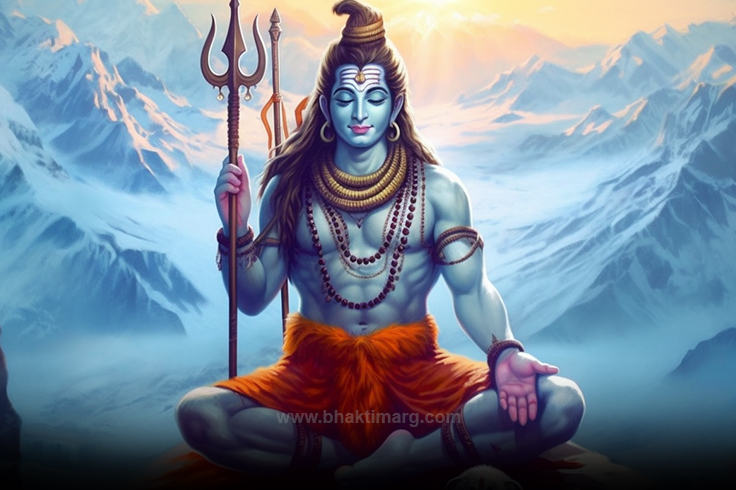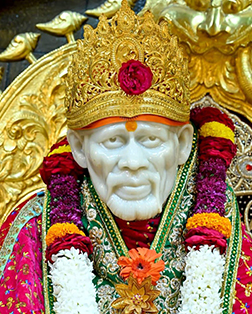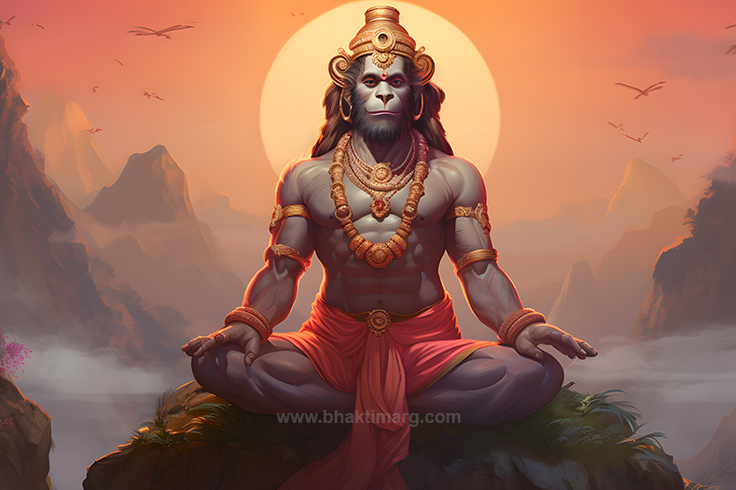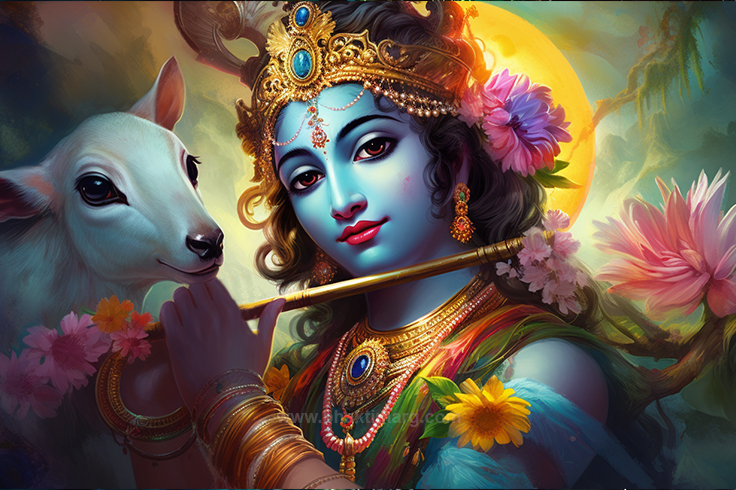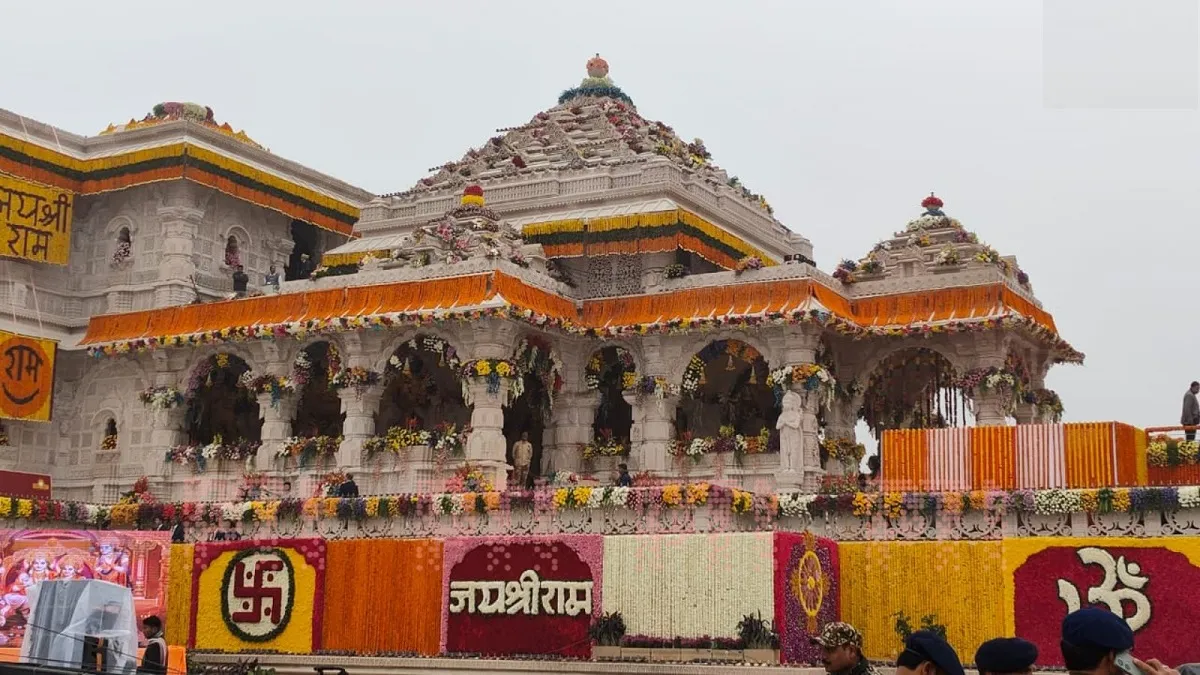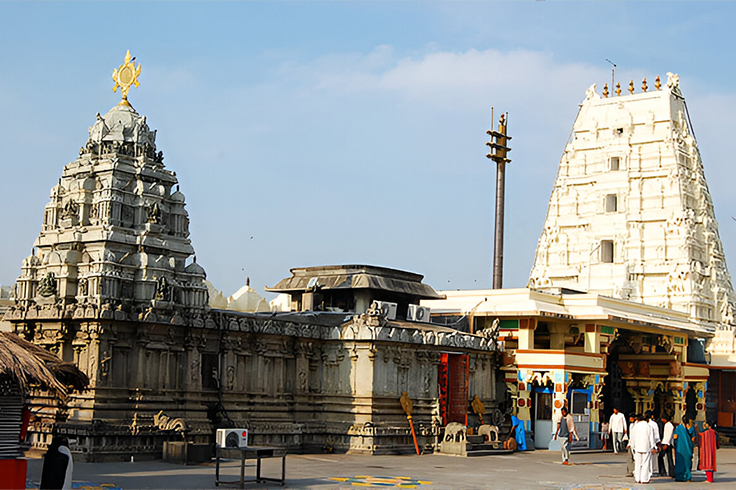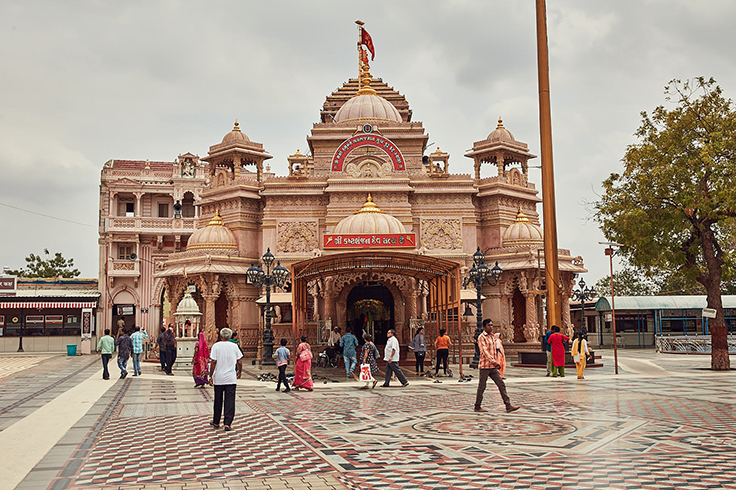
Buddha Purnima 2025: A Day for Reflection and Awakening
Lord Buddha is one of the most revered and influential spiritual teachers in history; he is considered the ninth avatar among the ten major Lord Vishnu Avatars, according to the Vaishnava tradition of Hinduism. The teachings of Gautam Buddha and his legacy have had a profound impact on millions of people around the world. Born as the prince Siddhartha Gautama in ancient India, Buddha’s teachings of the Four Noble Truths and the Eightfold Path are the foundation of Buddhism, one of the world’s major religions, that his disciples follow to lead a life of spiritual reflection and awakening.
Lord Buddha spent most of his life teaching others about the path to end suffering. His teaching, known as “Dharma,” has influenced millions around the world to walk on the path of spiritual awakening and kindness. To date, the life story of Gautam Buddha, his teachings, and his philosophy continue to inspire people seeking inner peace, enlightenment, and liberation from suffering. Buddha Purnima celebrations commemorate three pivotal events in the life of Gautam Buddha: his birth, his enlightenment, and his death, all of which occurred on the same day. In this blog, we will delve into the essence of Buddha Purnima and explore the spiritual and historical significance behind this auspicious celebration. The legacy and spiritual teaching that Buddha has left still resonates with each scripture and shastras of Buddhism.
Buddha Purnima, which falls on the full moon day in the Vedic lunar month of Vaishakha, usually in April or May, is an occasion that goes beyond celebrating Lord Buddha’s life; rather, it is a profound opportunity for reflection, gratitude, and spiritual growth. The history of Buddha Purnima lies in the journey of Gautam Buddha, who transformed from the royal prince Siddhartha Gautama to the enlightened one who taught millions to seek spiritual awakening and liberation from the cycle of birth and death.
Date and Muhurat for Buddha Purnima 2025
Buddha Purnima 2025 is expected to be celebrated on Monday, May 12, 2025, on the full moon day of the Vaisakha month in the Buddhist calendar. Buddha Purnima, also known as Vesak or Buddha Jayanti, is a major Buddhist festival that acts as a spiritual boost, marking the birth, enlightenment, and death of Gautam Buddha.
History of Buddha Purnima
In order to know the history of Buddha Purnima, you must know the Gautam Buddha history that made him Lord Buddha from the prince Siddhartha Gautama. His birth, journey towards enlightenment and death marks an auspicious day that the Buddhists celebrate as Buddha Purnima each year.
Birth of Gautama Buddha:

Gautam Buddha history dates back to the 6th century BCE, in Lumbini, Nepal, where he was born as the prince Siddhartha Gautama, to be later known as the Gautam Buddha. Known as the ninth avatar of Lord Vishnu, he was destined to become a spiritual luminary who would change the world with his teachings. Buddha Purnima celebrations remind us of the potential for enlightenment inherent in each individual.
Enlightenment of Gautama Buddha:

The attainment of enlightenment by Gautam Buddha marks the second significant event for which Buddha Purnima is celebrated. Through his intense meditations Buddha was seeking to achieve nirvana. Once he gained the knowledge to transcend suffering and found profound insight into the nature of existence, it became a symbol of the momentous occasion that works as a reminder of the possibility of awakening and the path to liberation from suffering.
Death of Gautama Buddha:
The third event associated with Buddha Purnima is the passing away, or Parinirvana, of Gautam Buddha, where he left his mortal body at the age of 80 and entered into a state of final release from the cycle of birth and death. His death signifies the ultimate liberation from the cycle of reincarnation and the achievement of ultimate enlightenment and freedom from suffering.
Rituals and traditions of Buddha Purnima

During the Buddha Purnima, devotees visit Buddhist temples to offer prayers, seek blessings, and participate in meditations to connect with the virtues of Lord Buddha. Even if you are not a Buddhist, you can participate in Buddha Purnima celebrations that include the following rituals:
• Bathing the Buddha: To initiate the auspicious day of Buddha Purnima, you need to bathe the idol of Buddha in milk or scented water while orally chanting Lord Siddhartha’s prayer to signify purification.
• Religious offerings: You should dress up in clean and new clothes and visit the nearest Buddhist temples, shrines, and monasteries to make offerings of flowers, incense sticks, candles, fruits, and milk.
• Lanterns: During the evening, you should light candles or lanterns. Keep the candles at the doorstep of your house and release the lanterns into the sky to drive away darkness and ignorance.
• Sutra recitations: All Lord Buddha worshippers gather at temples and monasteries to recite the Buddhist sutras from the sacred scriptures of Gautam Buddha.
• Alms are distributed: You should make offerings and charities during the auspicious day of Buddha Purnima, bringing clothes, food, groceries, and other necessities to monasteries and people in need.
• Meditation and prayers: It is the perfect day for you to sit and reconnect with Lord Buddha’s teachings and practice meditation and mindfulness.
• The acts of kindness: The rituals of Buddha Purnima are incomplete without performing at least one act of kindness. Whether you help out people in need or provide financial help to charities, every effort counts.
Spiritual Benefits of Buddha Purnima Celebrations
Buddha Purnima 2025 is more than just a date on a calendar; it’s a day full of opportunity for spiritual growth, community bonding, and spreading compassion, not only for a devotee of Buddhism but also for someone interested in mindfulness and inner peace. As we look forward to Buddha Purnima 2025, celebrated in the month of Vaishakha, which usually falls in April or May, it serves as a reminder of Lord Buddha’s timeless wisdom, emphasizing peace, self-discipline, and spiritual enlightenment.
The celebration of Buddha Purnima transcends religious boundaries, posing an opportunity for people of various backgrounds to gain insights from the Buddha’s life and teachings and to walk towards a path that encourages introspection, self-reflection, and the cultivation of virtues like mindfulness, compassion, and wisdom. It is an opportunity for the Lord Buddha devotees to celebrate this day with offerings, charity, and self-reflection to strengthen their connection to the Buddha’s wisdom, incorporating them into their daily lives.




